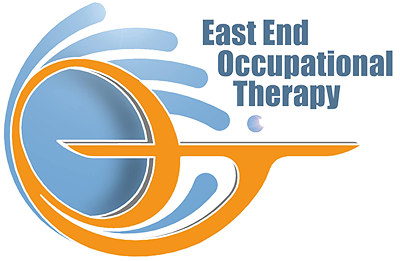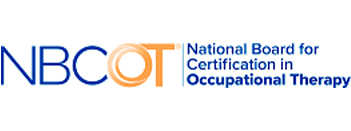What is Trigger Finger?

Trigger Finger
Trigger finger, also known as stenosing tenosynovitis, is a condition that affects the mobility of your finger. Mainly affecting the first two fingers, this condition causes your fingers to bend and straighten with a snap, pop, or click. In more severe cases, the finger becomes locked in a bent position. This condition can affect your functionality with the affected finger and hand, and in some cases, can even get infected. If you are suffering from trigger finger, and are looking for a hand therapist on Long Island, reach out to us at East End Occupational Therapy and make an appointment today.
Symptoms of Trigger Finger
The symptoms of trigger finger are distinct and can range from mild to severe. Symptoms can include:
- Stiff fingers, being more noticeable in the morning
- Clicking and popping while moving the affected finger
- A tender bump at the bottom of the finger
- Finger becoming locked in bent positions
In addition to these symptoms, you may experience pain with the affected finger, while either moving the finger or when it gets locked. Your finger may also get inflamed and get swollen, red, and hot. These are signs of affection and should be seen by a doctor immediately. If you have fingers affected by these symptoms and are looking for a hand therapist on Long Island to help you, contact us at East End Occupational Therapy and see how we can help you.
Causes of Trigger Finger
In your hand, there are various tendons attaching your muscles to the bone. These tendons have “sheaths” around them. Trigger finger occurs when a tendon and the “sheath” in the finger, the A1 pulley typically gets inflames or thickened, making it harder for your flexor tendons to bend. It is this inflammation that causes your finger to make the popping or clicking and can cause it to get stuck. This irritation can lead to scarring, more thickening, and the formation of the bumps. Some risk factors that can increase the chances of developing trigger finger include repeated gripping, carpal tunnel syndrome surgery, diabetes, or rheumatoid arthritis.
Treatment for Trigger Finger
Treatments for trigger fingers can be surgical or non-surgical, typically starting the later first. Non-surgical treatments include:
- Rest- avoiding activities that flare symptoms may help minor cases recover
- Splinting- splinting the finger, especially at night, can help
- Medications- anti-inflammatory drugs and relieve the pain and inflammation that causes the symptoms
- Physical Therapy- using the right techniques can reduce stiffness and improve functionality in the affected finger.
Additionally, Trigger Finger Release Surgery can be used to release the A1 pulley, causing difficulties moving the affected finger and restore function. Post-surgery care also involves physical therapy to aid with healing and restoring functionality and mobility to the finger. If you are in need of a hand therapist on Long Island, reach out to us at East End Occupational Therapy and see how our team of hand therapists can help you today!




